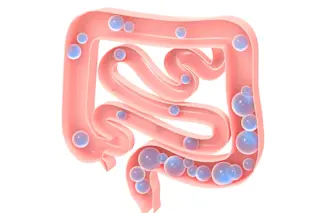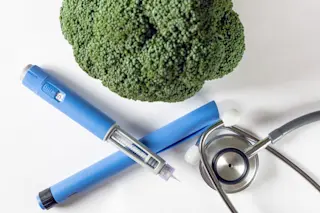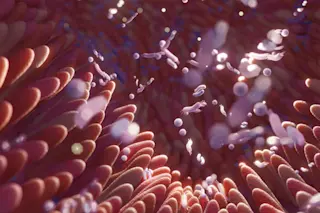For many, summer is the time to shed the extra pounds piled on all winter. But for some of those trying to lose weight, there's often this one spot on their body that just won't let go of that fat. It turns out there's a genetic reason for this and the information is proving helpful to researchers trying to learn who is at risk for diabetes.
Dr. Ronald Kahn, president of Boston's Joslin Diabetes Center, says the research stems from basic questions people ask of him. He explains, "People ask me as a diabetes and obesity expert, … 'Doctor, why is it that when I gain weight it always goes to my belly?' Or, 'When I lose weight my face gets thin and my hips stay big?'"
Kahn and his team reported in "Proceedings of the National Academy of Sciences" that they've identified genes that match up to where our bodies store fat. He explained, "This is the first time we've ever had a clue as to how these aspects of our body are so fundamentally determined with these early developmental genes."
Kahn said fat location is an important risk factor in developing diabetes. He said, "When fat is inter-abdominal—that is, inside our bellies, the so-called beer belly type of obesity—this fat creates more insulin resistance. And remember that insulin is the major hormone that controls our blood sugar."
He said doctors might one day be able to analyze someone's genes and warn those with the greatest disposition for large bellies. He said another hope could be to turn off the genes that send fat to your belly. He explained, "Changing the activity of these genes in fat tissue might have the potential to change not only where the fat goes, but how much of a negative impact it has on our health."
However, he emphasized that these genes are fundamental to how your body develops, so there is a challenge to make changes that impact the fat and nothing else.
To see video of this story, please visit our partner,www.ScienCentral.com














